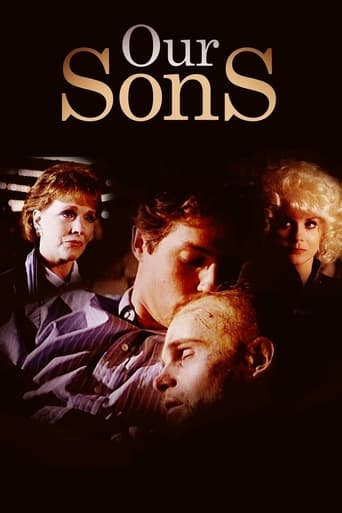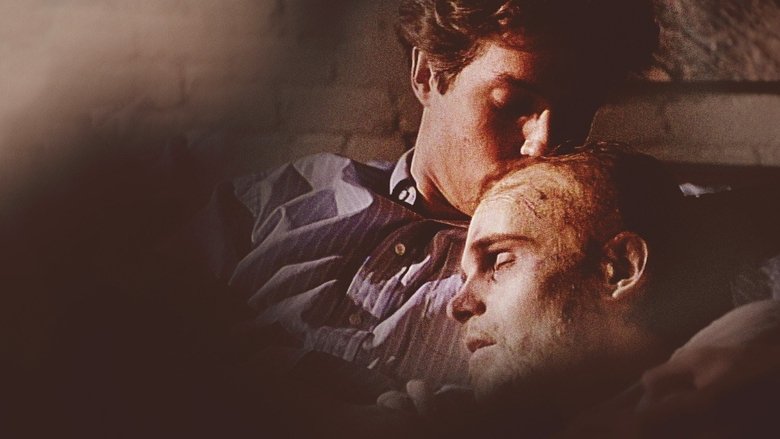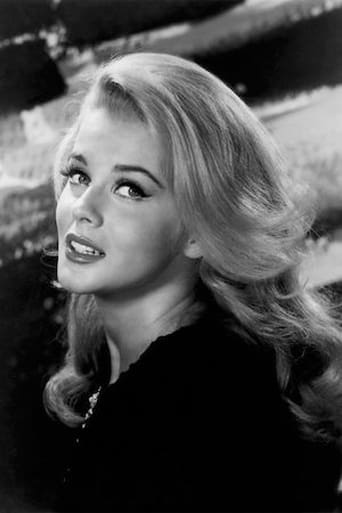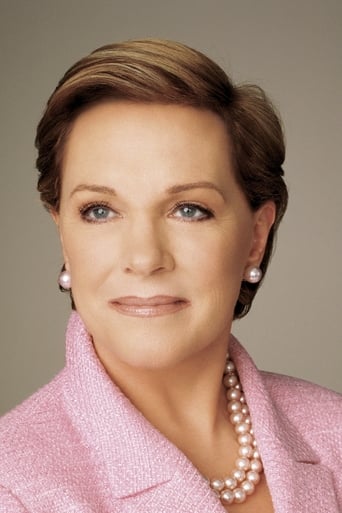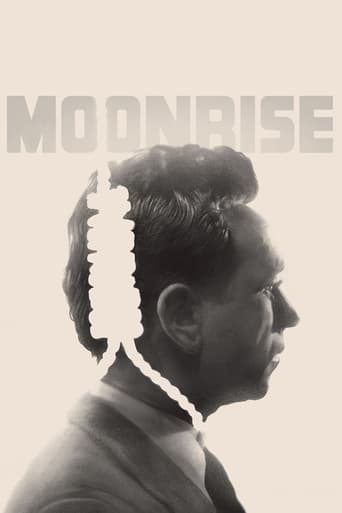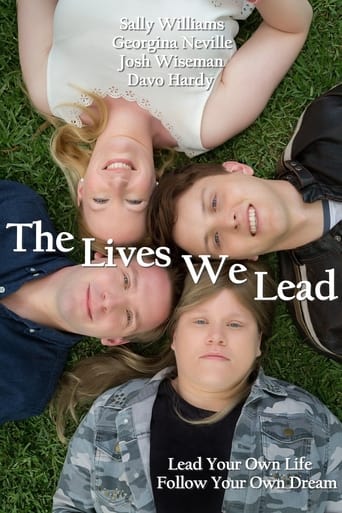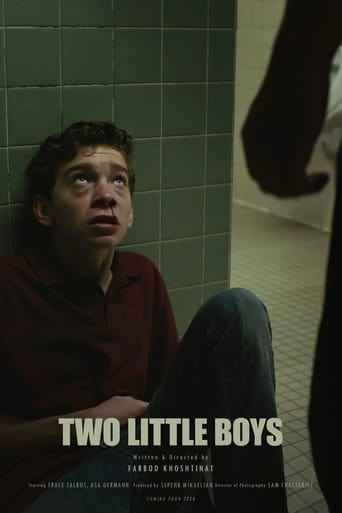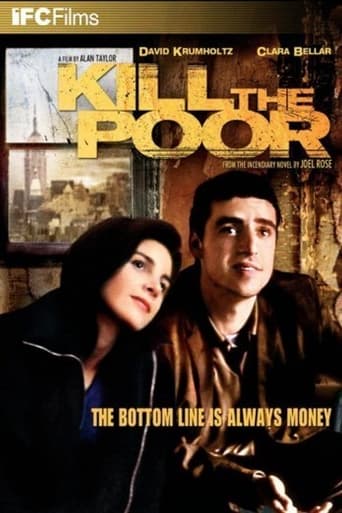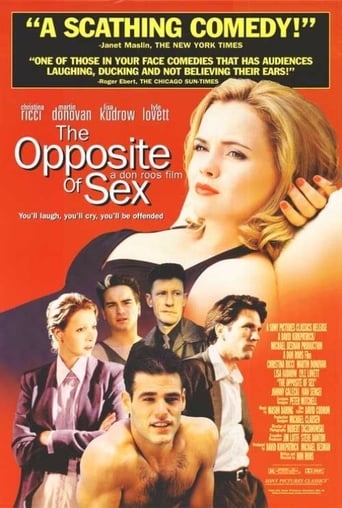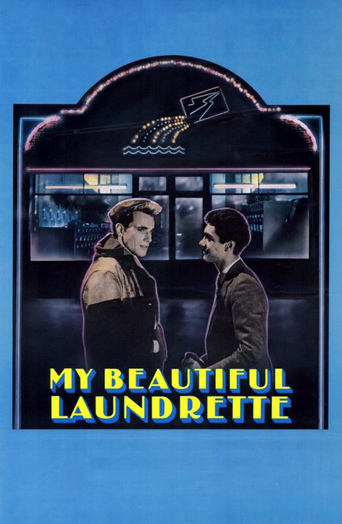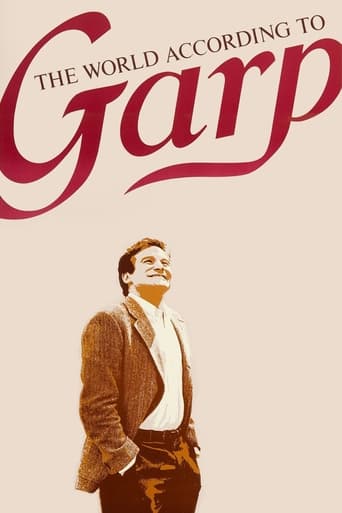Our Sons (1991)
When James admits to his mother that he is gay it strains her liberal attitude. A San Diego businesswoman, Audrey believes she is a modern, open-minded mother, but the news sends her reeling. However, the real shock comes when James asks her to travel to Arkansas and inform his lover's estranged mom, Luanne, that her son has AIDS. As Audrey and Luanne learn to put aside their prejudice toward each other, they soon discover how to share their thoughts, hopes and fears for their sons.
Watch Trailer
Cast
Similar titles
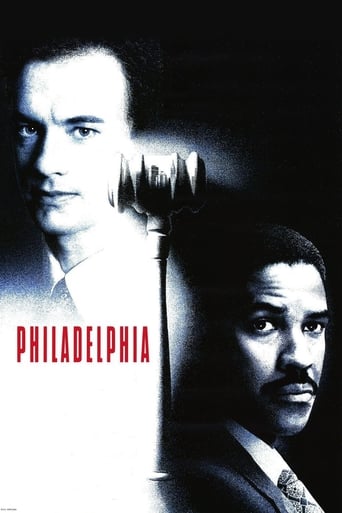
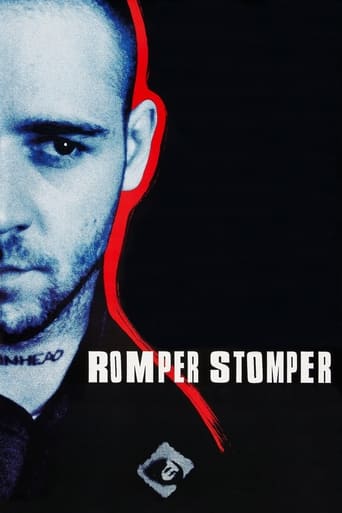
Reviews
That was an excellent one.
I like movies that are aware of what they are selling... without [any] greater aspirations than to make people laugh and that's it.
There's no way I can possibly love it entirely but I just think its ridiculously bad, but enjoyable at the same time.
It's the kind of movie you'll want to see a second time with someone who hasn't seen it yet, to remember what it was like to watch it for the first time.
a film about AIDS. touching for its provocative manner to present not the most comfortable themes, using a cast who, at the first sight, seems be ideal for different genre of film. but this is the detail who gives to a simple story force and significance and status of support for reflection. because it is impeccable in the translation of states of each character. in the conquest of the past. in definition of motherhood. in the delicate way to examine the roots of different forms of love. and this did it a must see.
Superb film about understanding. About empathy and forms of love, about social spaces and nooks of fear. Story of a special search and image of the other in your interior forum, place of gestures and words in an ambiguous universe of symbols and masks.A pledge for tolerance and small fights , about heavy price and the importance of values, about AIDS and the reactions not against illness or victim but against a subtle cowardly for who the ignorance, the personal life, the family are protective circles.Great value of film is the acting.Julie Andrews in a splendid role in which reveals the aspects of self sacrifice and force of a mother for who values, rules and dreams are more different after the confession of son.Ann- Margrette in the role of a victim of faith for who the life is cruel joke and, beyond education or hope, the presence of the other in personal space is terrible attack against.Hugh Grant as lover, son and ax of a universe in which self sacrifice is normal price to be yourself.Zeljko Ivanek in a touching role, with subtle shadows of interpretation of victims in many films.And the locations, words and details for constructing a drama not about love, hope, fight or social values, AIDS and death but for understanding of other like part of yourself understanding
Watching Julie Andrews call Ann-Margret a "Stupid B*@&h" was worth the price of this rental. I laughed so hard my stomach hurt. And then i had to rewind it just to see it again. The plot has been done so many times, but it is definately worth it to see these two legends in the same film. Hell, i've definately seen a lot worse!
ONe moment in this film I have never seen in any attempt to deal with gay rejection or homophobia on the part of two mothers, Ann-Margaret and Julie Andrews, whose sons are lovers and Margaret's son is now dying of AIDS. Ann is finally brought around and goes to be reunited with her dying son. At one moment in the film, she is in the kitchen with Andrews and Hugh Grant, who is Andrews son, and she is chittering away happily about being reunited again with her kid. She states casually how she hopes to take him back to Arkansas with her when everything settles down. Grant shoots Andrews a look of startlement, then blurts out, "absolutely not! He is too ill to travel!"Surprised, Ann-Margaret says, "oh no, I didn't mean before, . . . . I meant, . . . . I meant after, . . . " meaning after he had died, she would take his body back to Arkansas. She then dismissed the idea, seeing it had upset someone. This has never been depicted before or since that one who could dislike a child who is dying of AIDS could take responsibility of them after they have departed. A real slap in the face to those who think homophobia should always be condemned.
